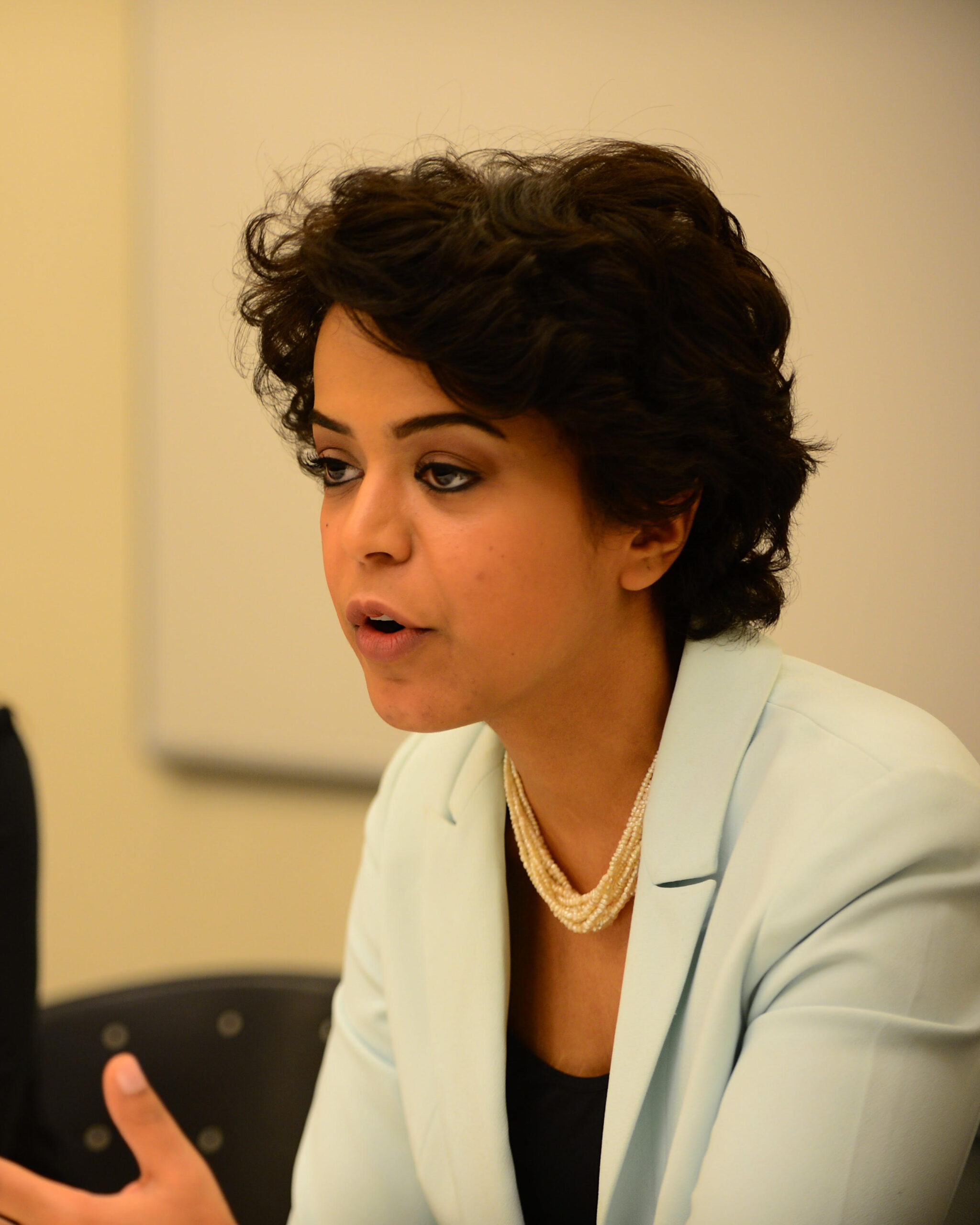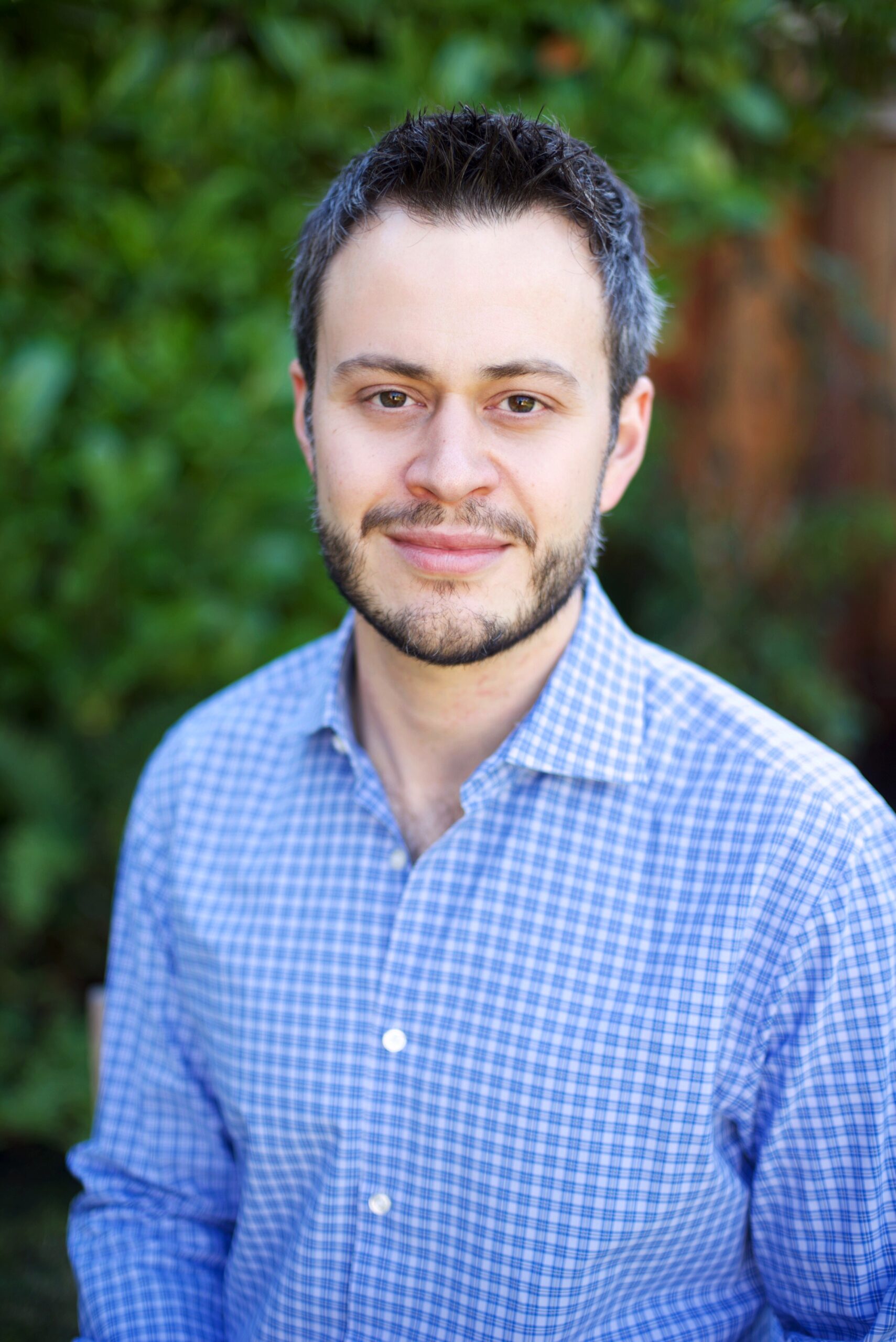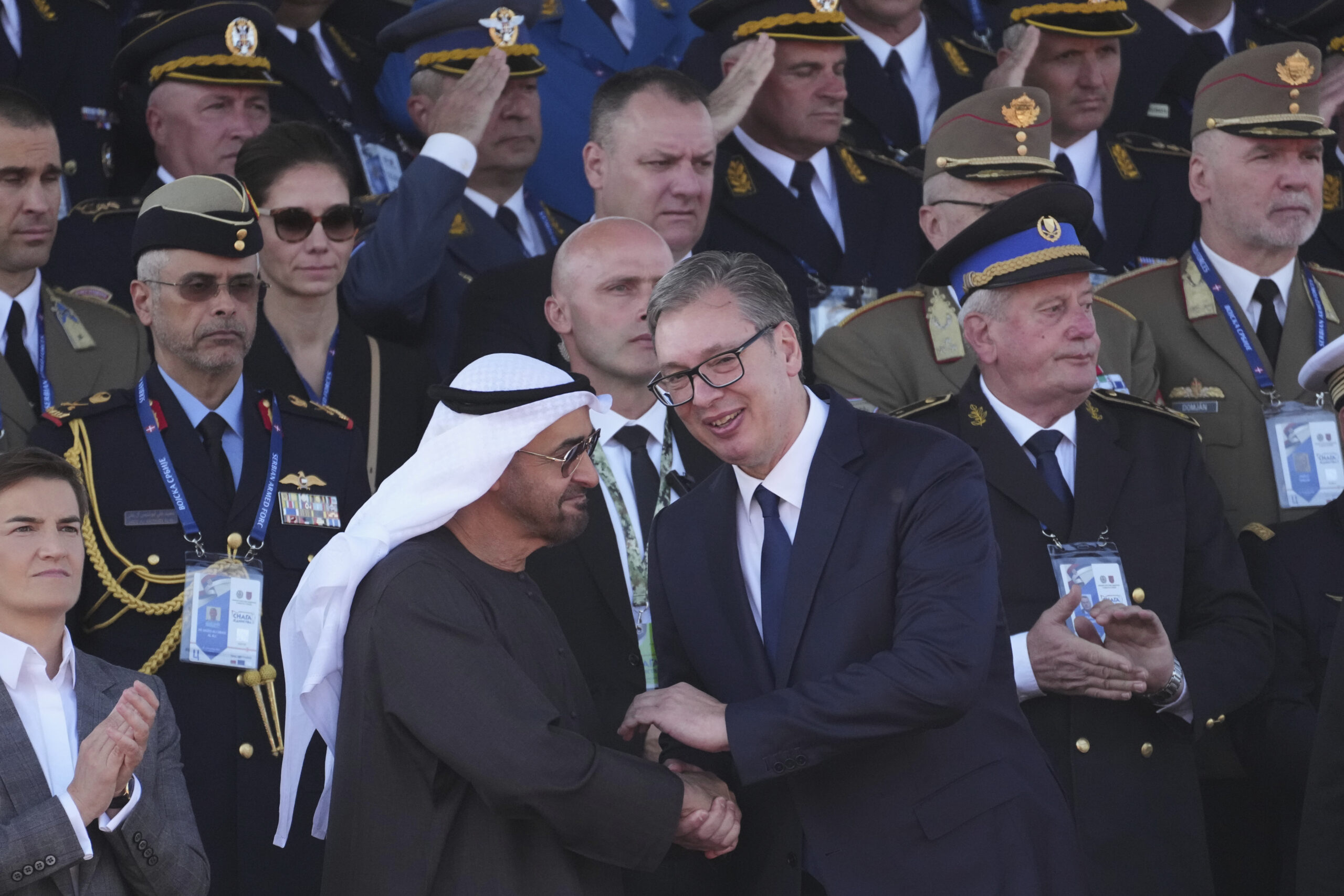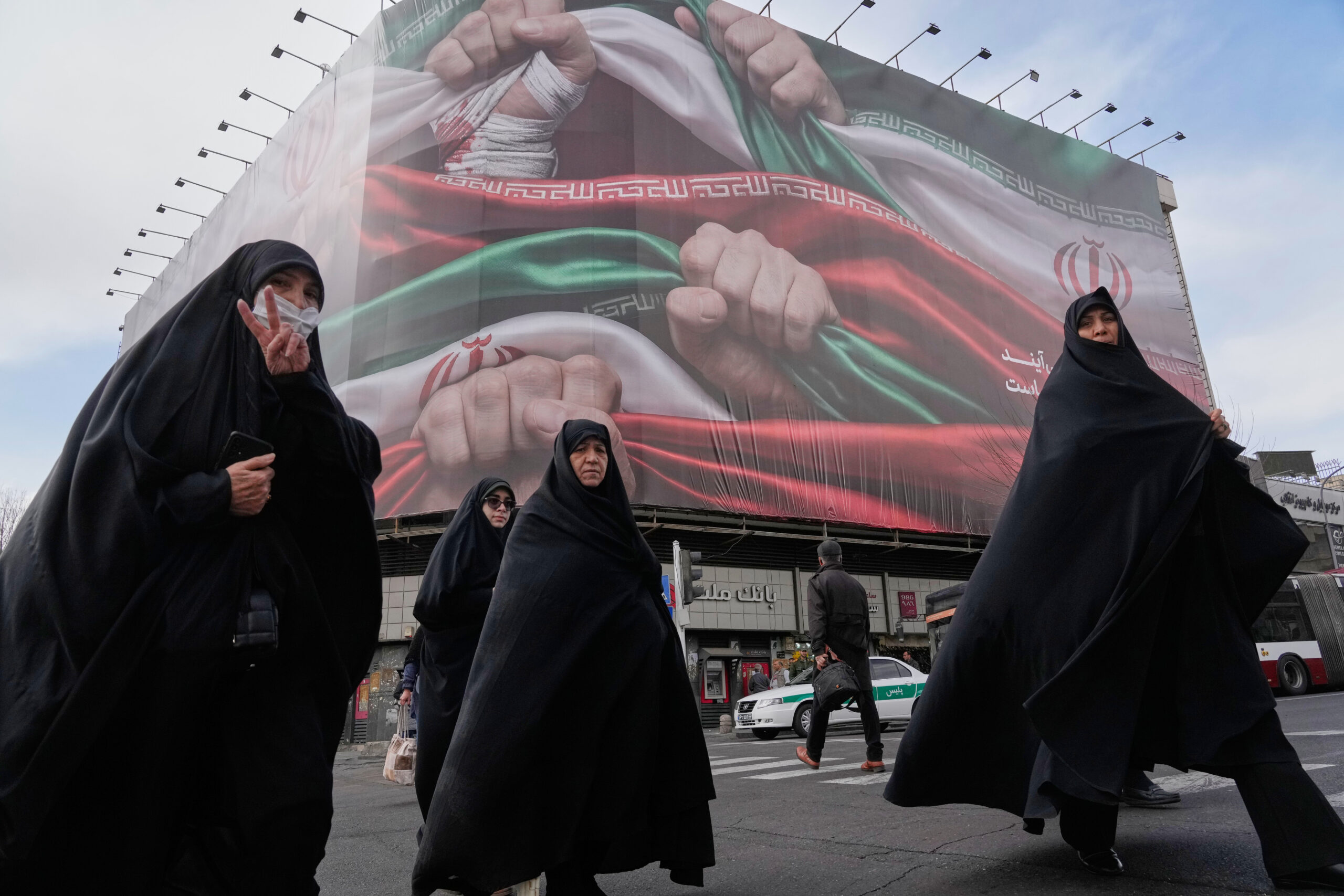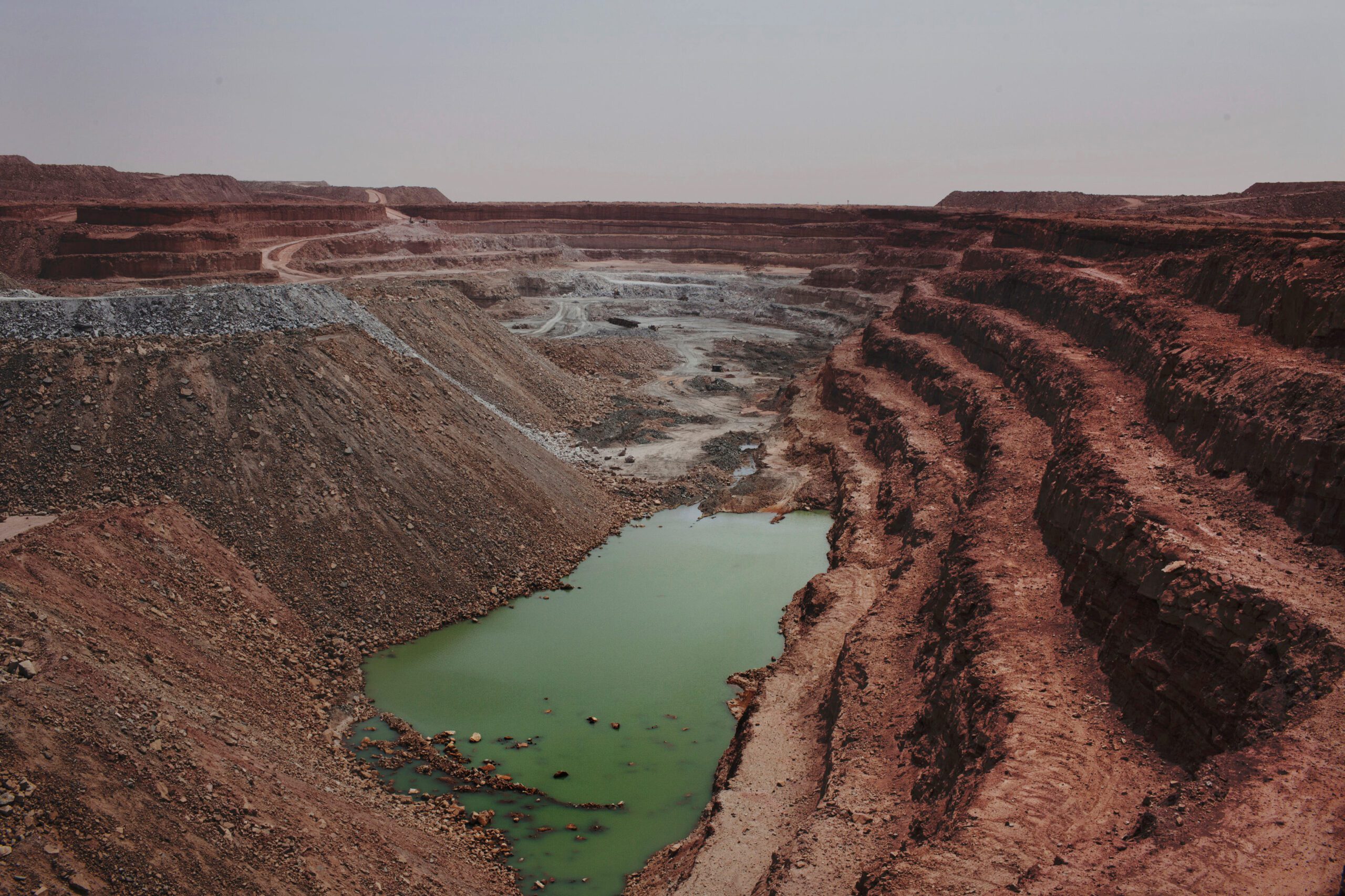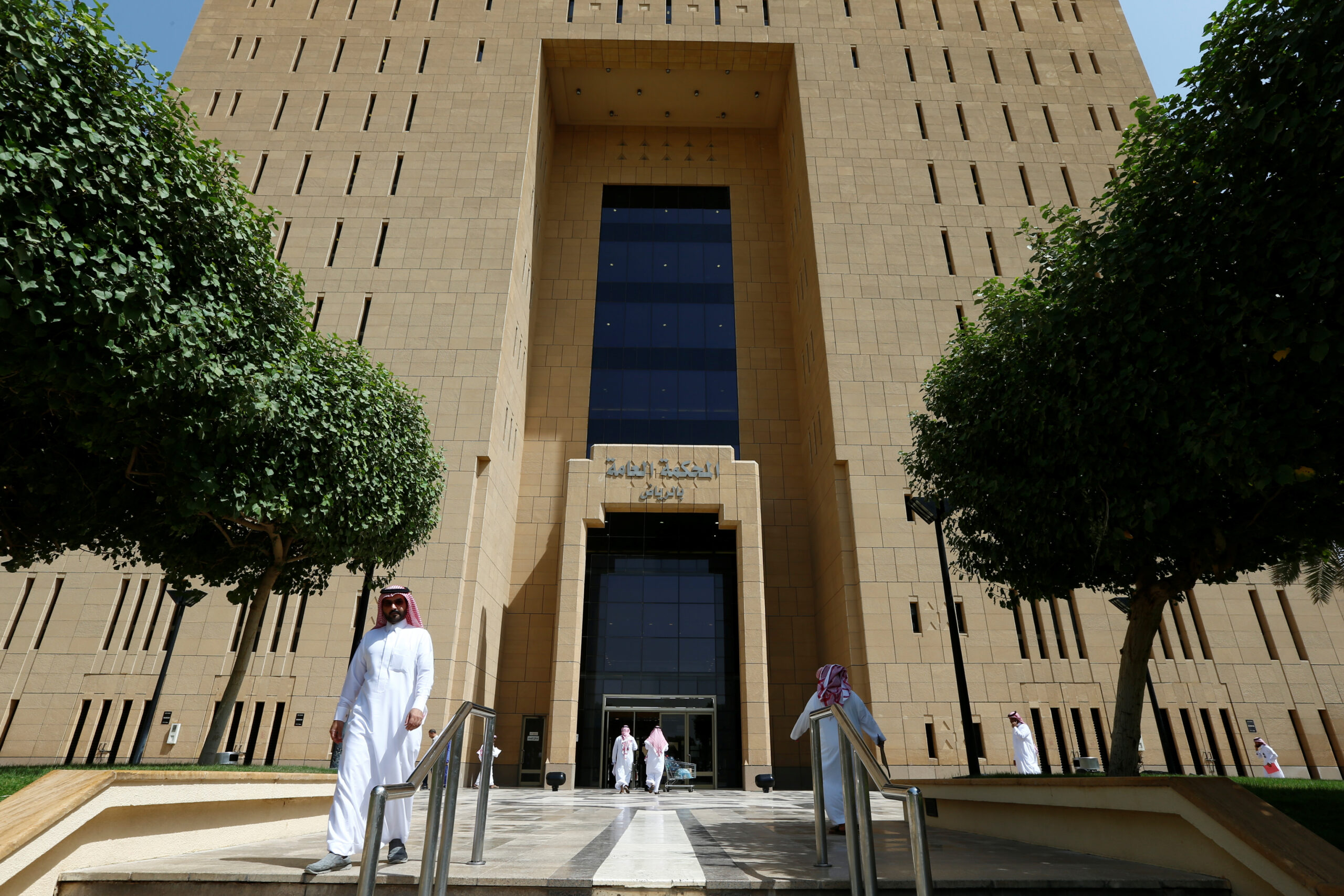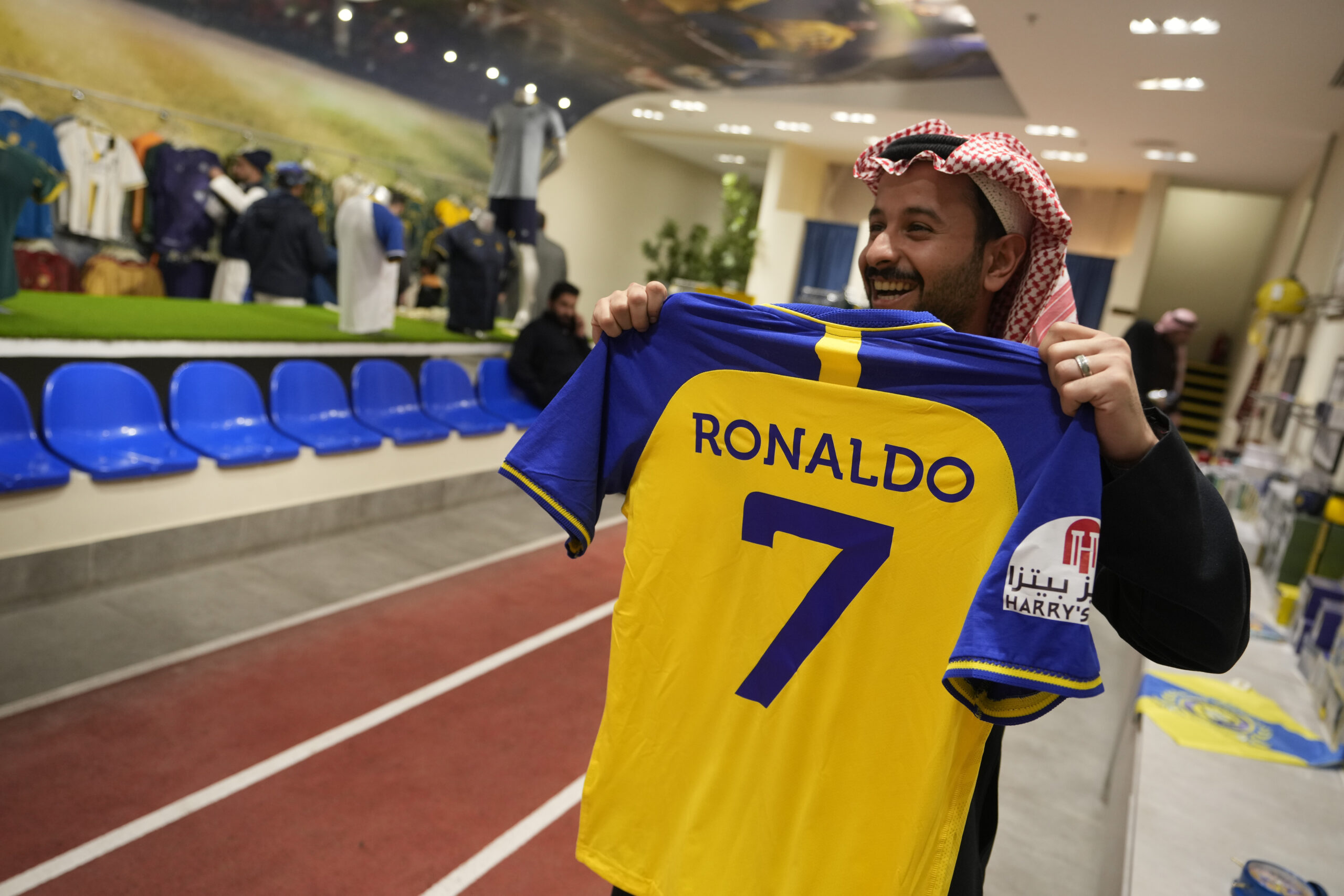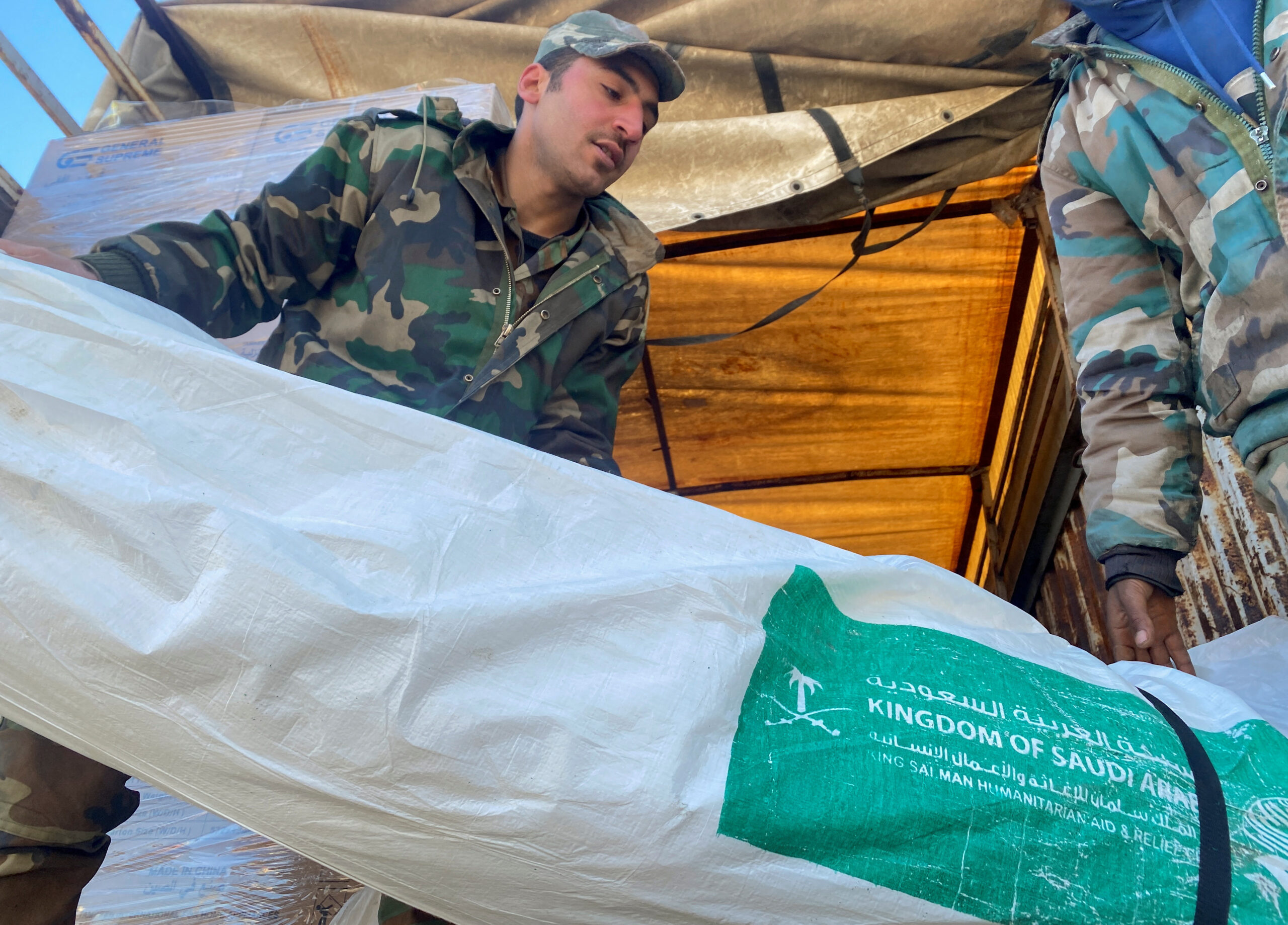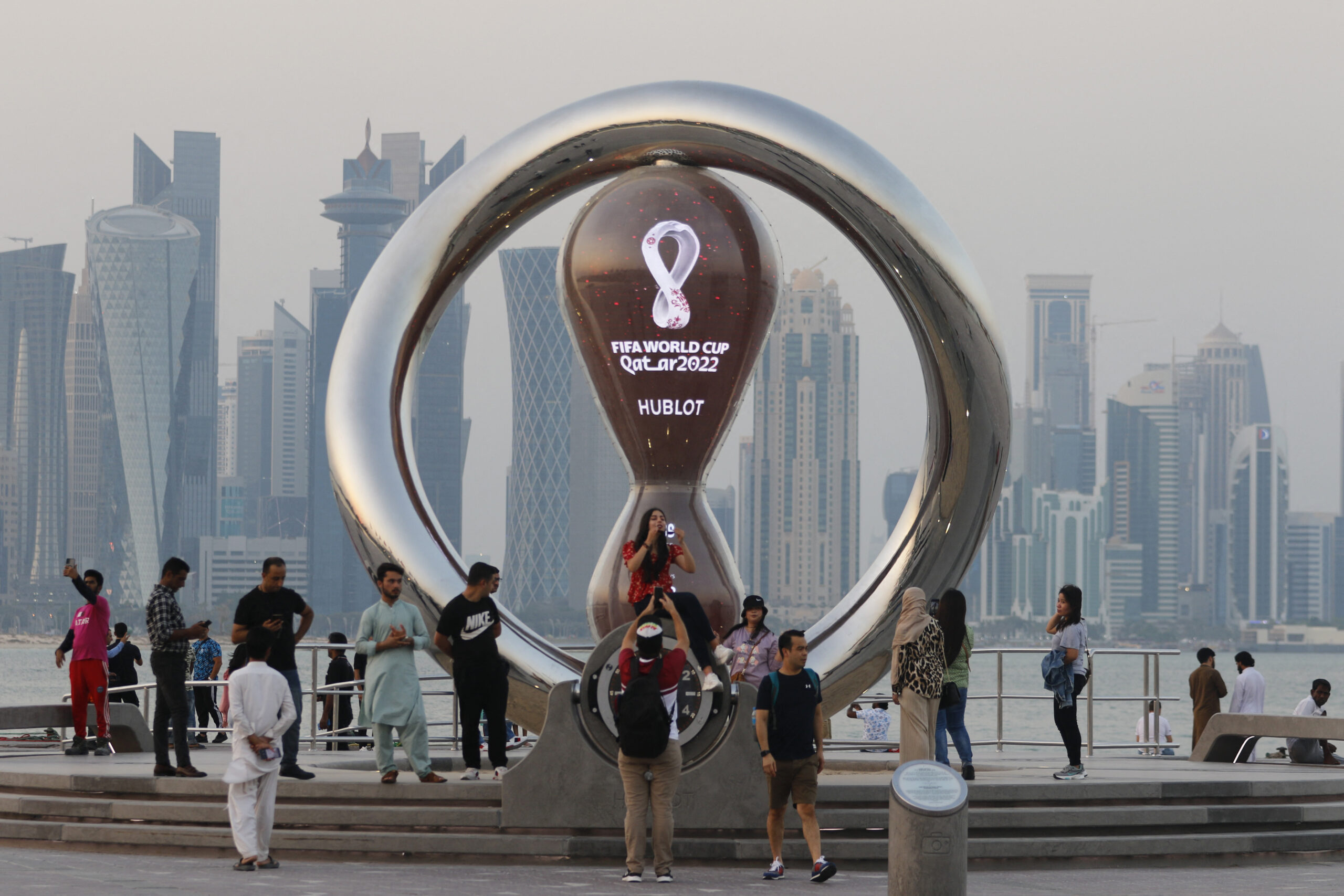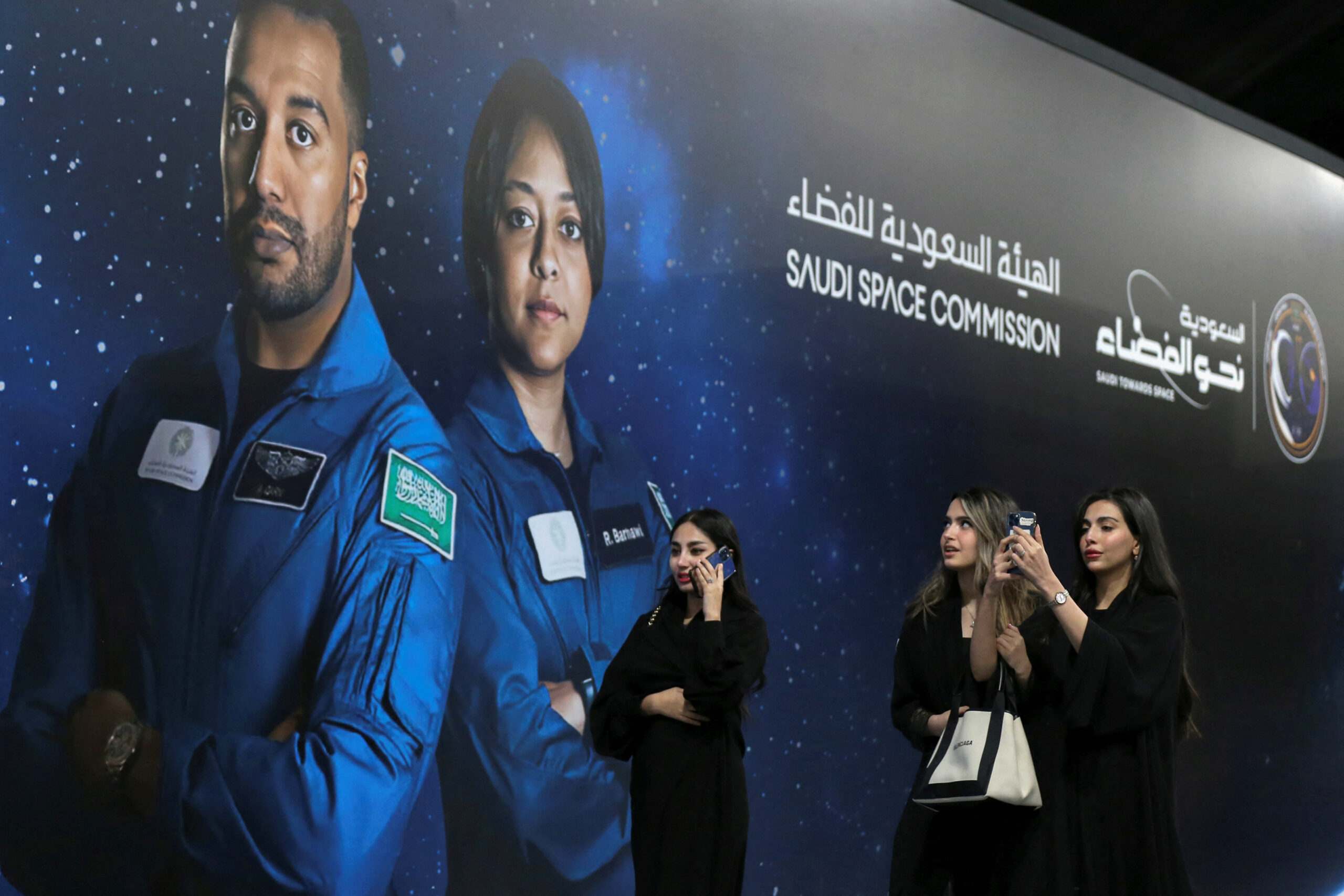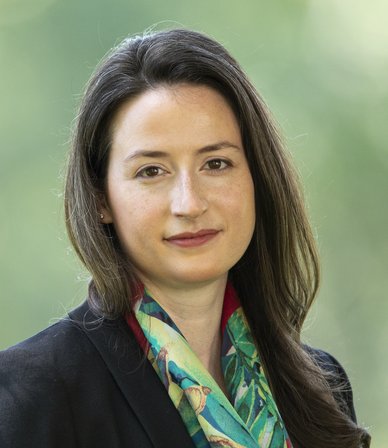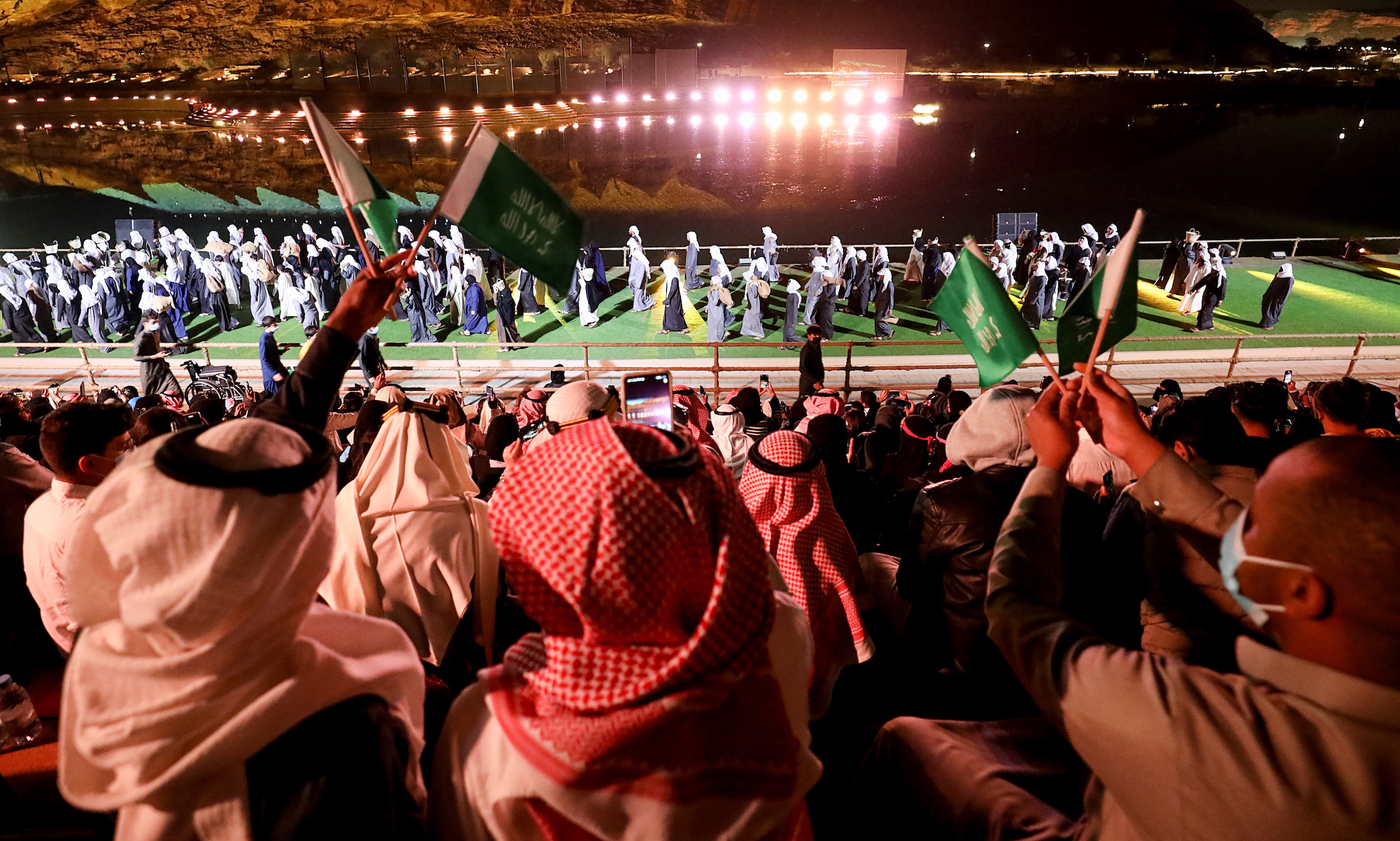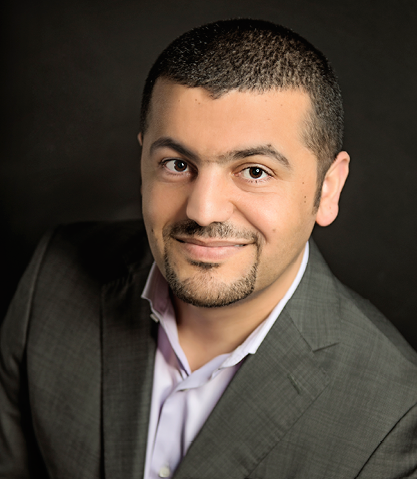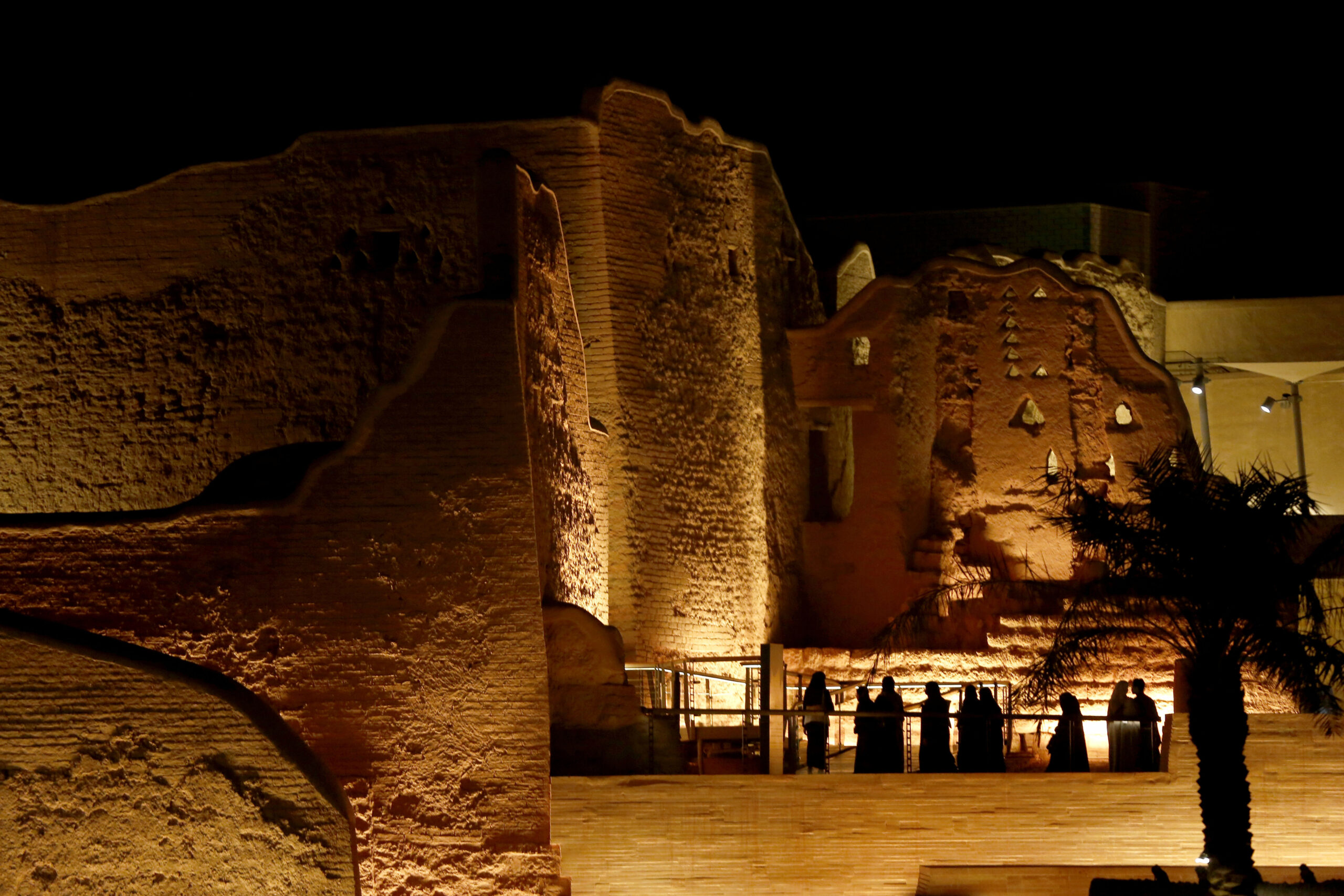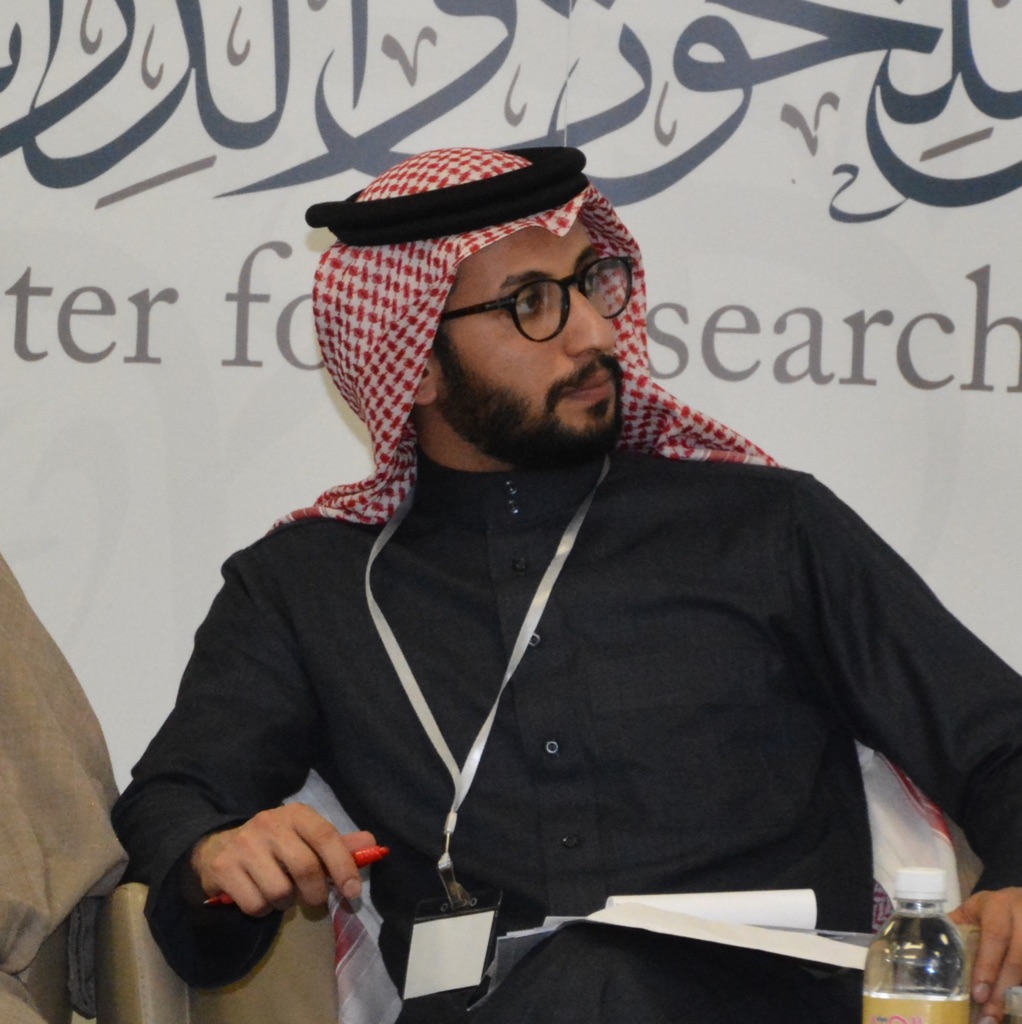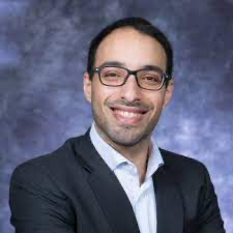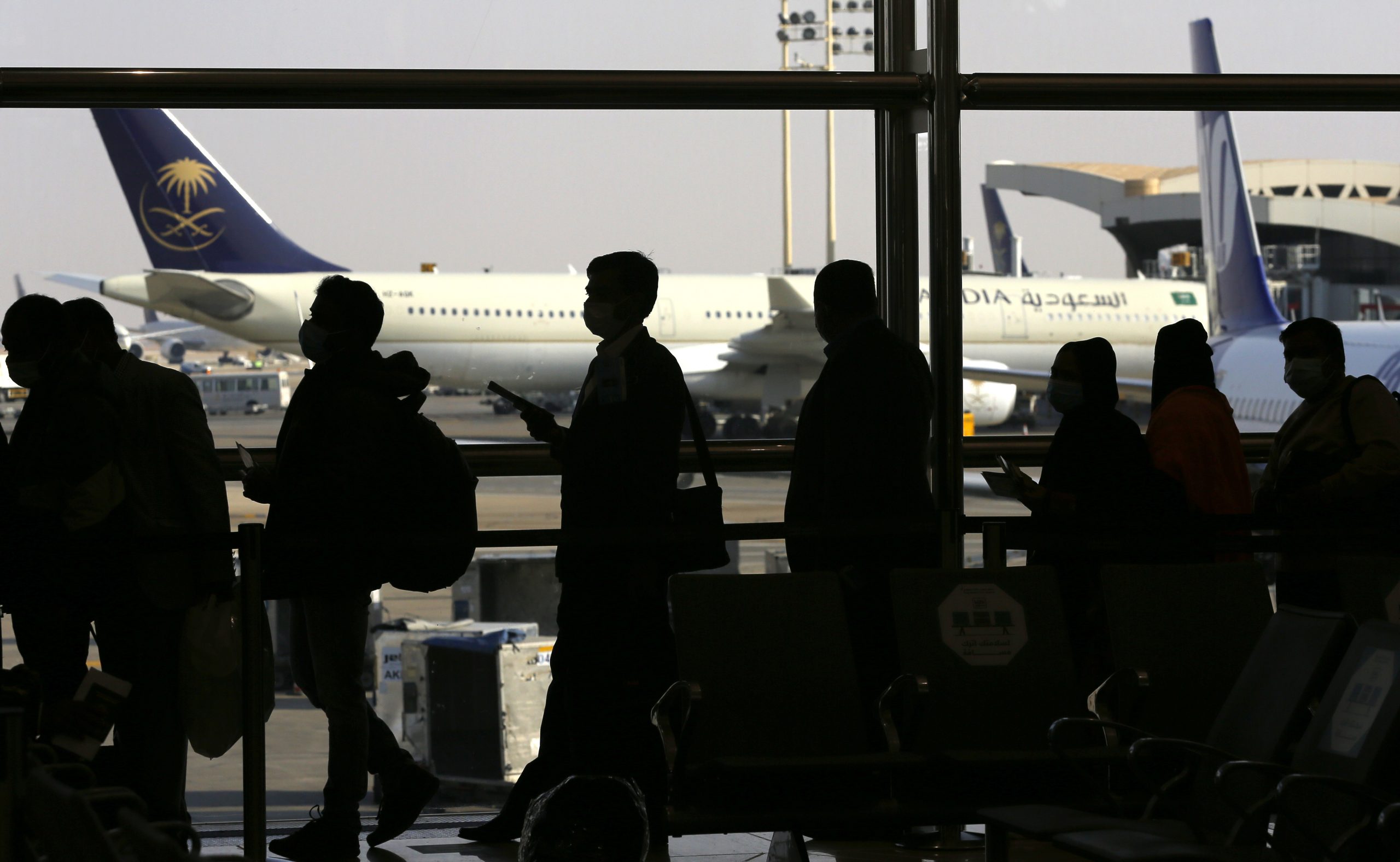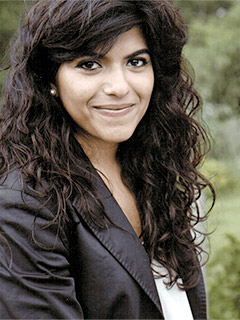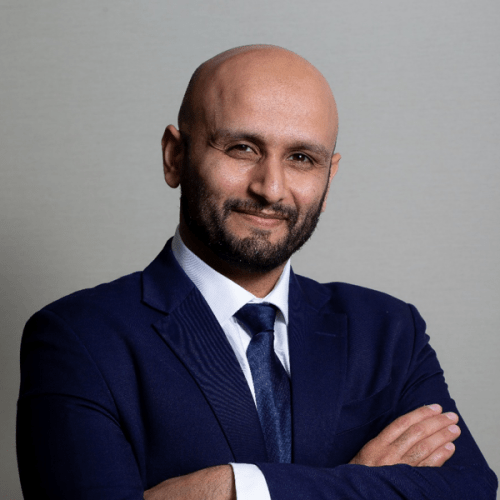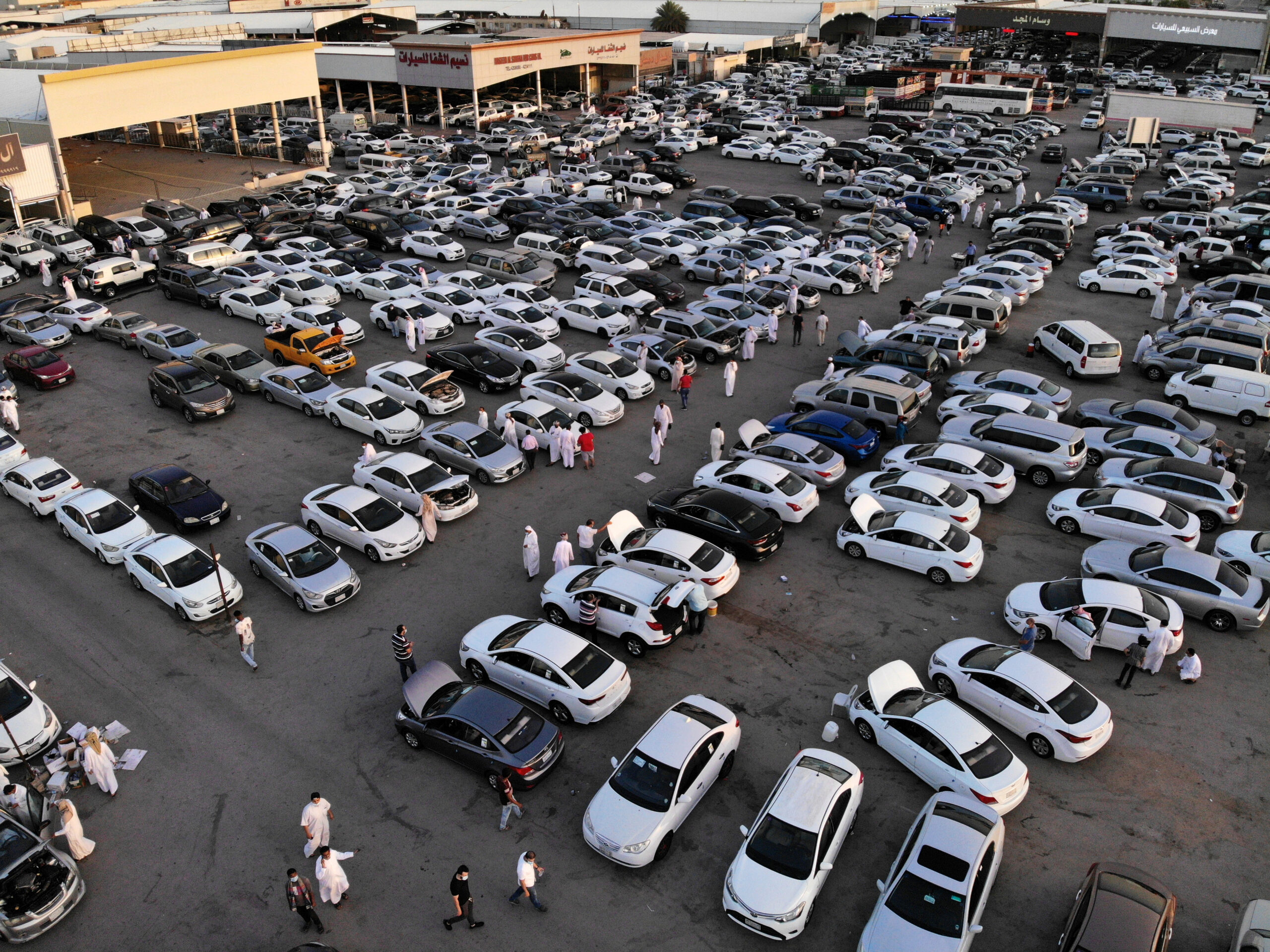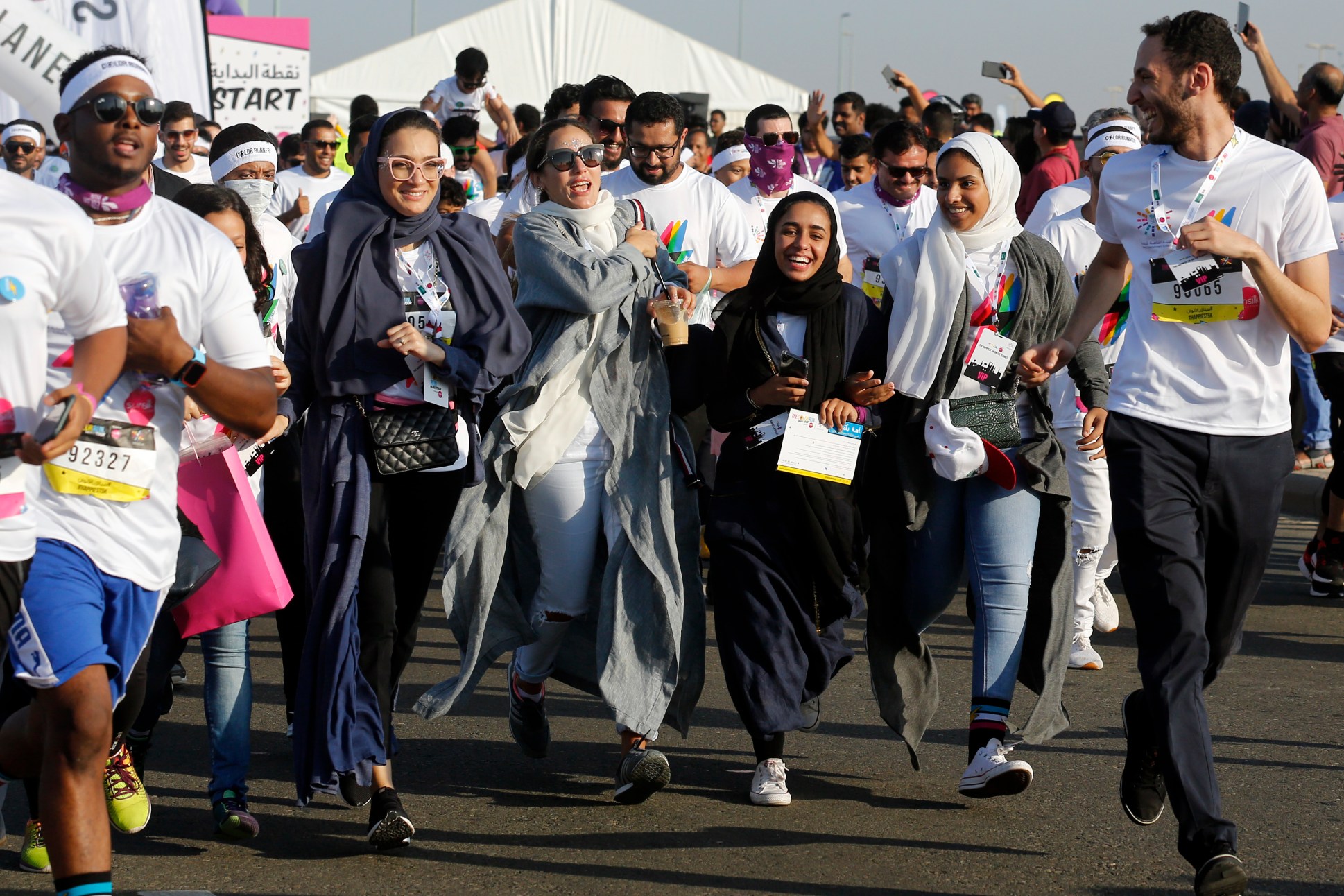The Gray Zone of Social Reforms in Saudi Arabia
The Saudi government is moving forward steadfastly with its social modernization project, but the new policies are clashing with established norms, creating inconsistencies and uncertainties in social spaces.
5 min read
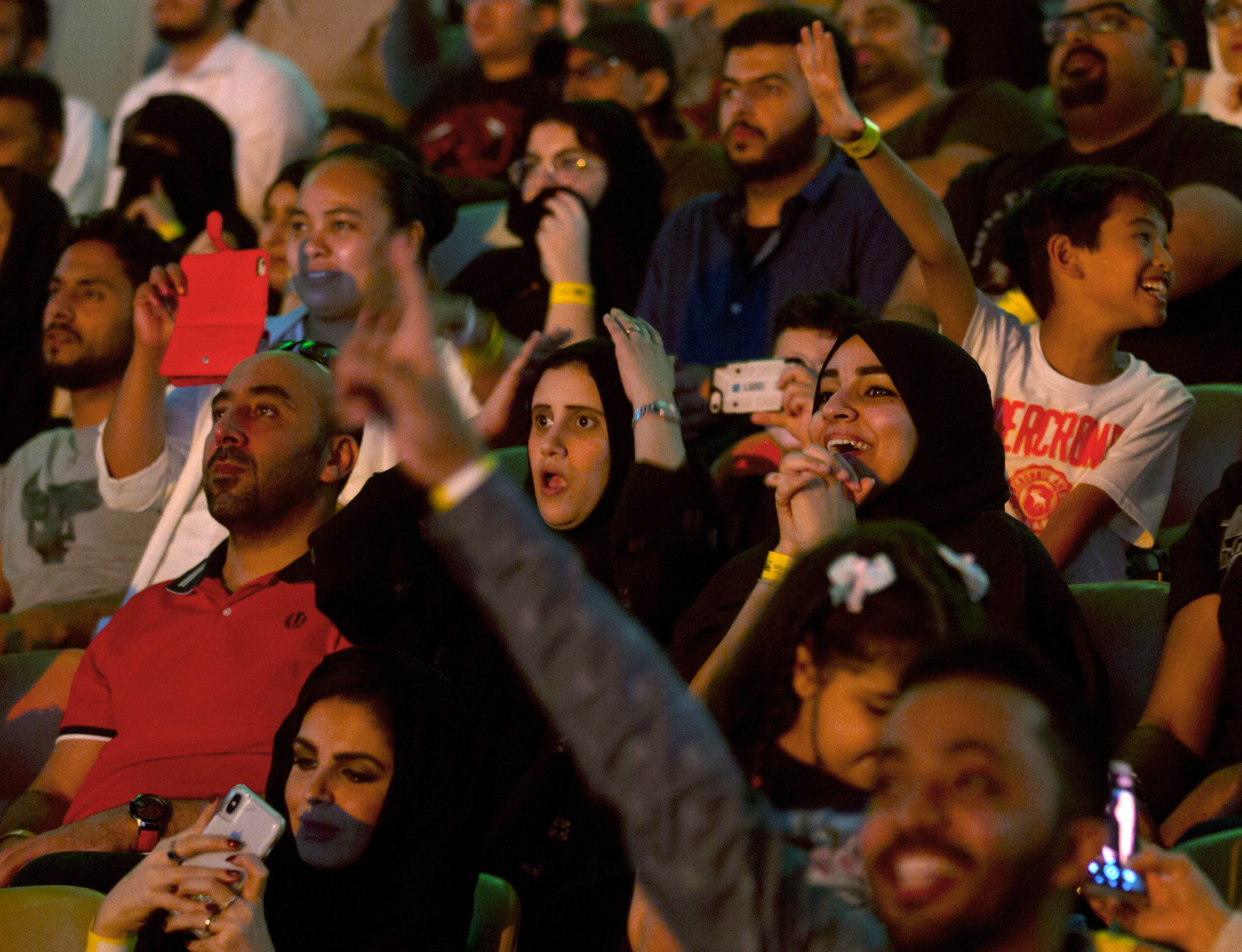
Since 2017, the pace of social reform in Saudi Arabia has been fast and dramatic. This year alone, the driving ban on women was lifted, cinemas were opened, and musical performances started taking place in major cities around the kingdom. Another noteworthy change has been the loosening of the strict dress code for women, which in the past was subject to constant policing. However, some of the changes implemented so far have been confusing and mark a significant departure from longstanding norms. This inconsistency has created a “gray zone” wherein newly imposed standards are clashing with older norms.
For decades, the assumption that conservative elements were against change was constantly employed to explain the lack of social and cultural reform. While possible conservative backlash against the recent social reforms remains a concern, there has not been any major backlash on the ground. Additionally, the prevailing nationalist sentiment influencing Saudi social media has served as an obstacle to voices disapproving of these social reforms. Voices of opposition to the new social reform wave are increasingly concealing their identities on social media platforms. Moreover, curbing the powers of the religious police and appointing “moderate” religious figures to senior positions (such as Mohammed al-Issa, secretary general of the Muslim World League and Suleiman Aba al-Khail, member of the Council of Senior Scholars and the president of Imam Mohammed ibn Saud Islamic University) point to the changing dynamics of the relationship between the government and traditional religious establishment.
The government seems to be moving forward steadfastly with its social modernization project. However, the new policies are clashing with established norms that have been maintained for decades, creating inconsistencies and uncertainties in social spaces. For example, while concerts are finally being held in Saudi Arabia, a number of rules and regulations are recited at the beginning of each concert, most starkly instructing the audience to refrain from dancing. At the same time, dancing was widely tolerated during the annual Janadriyah national heritage and culture festival in February. Similarly, strict gender segregation is not observed in cinemas and at festivals yet is still maintained in restaurants and at concerts.
In the past, what was acceptable or not was fairly clear due to constant policing; now, however, the inconsistencies with the new policies are resulting in a number of different consequences. Several individuals have been penalized for what they have wrongly presumed to be acceptable, given the recent wave of social change. For example, a video of a man and woman dancing in Abha went viral around the same time as a video of a man proposing to a woman on the Jeddah seafront. The dancing Saudi couple infuriated people on social media. Saudi news sources picked up the story, and reports of the couple’s arrest were widely circulated. The couple in Jeddah, who were expatriate workers from the Philippines, were penalized, though this was hardly reported by local news outlets. The inconsistency in approach suggests that expatriates and locals are held to different standards, which confuses people as to what is acceptable during this period of rapid social change.
At a recent concert in Taif, a fully covered woman ran on stage and hugged the male singer Majid al-Muhandis during his performance. Saudi social media users blamed the new modernization wave for the woman’s action. Instead of calling for her to be fined, some people on social media wanted a harsher penalty, and many even called for her conviction under the newly introduced Sexual Harassment Law. News coverage of the incident was often lacking in detail; reports stressed that the woman will face a penalty, but details on what that penalty may be have not been disclosed.
In addition, even though the dress code for women has been loosened, when a video of Shireen al-Rifaie, a Saudi female anchor wearing a colorful abaya and loose headscarf went viral, many on social media expressed discontent at her choice of clothing. As a result of the social media frenzy, Rifaie fled the country shortly before the General Commission for Audio and Visual Media issued a statement that it would investigate the incident. As Rifaie’s case was widely circulated, many social media users shared some of their own experiences. A number of women who said they had attempted to go out publicly without wearing an abaya were reportedly stopped by the police and asked to sign a pledge to refrain from such behavior. Some women even reported that they were let off the hook. While Rifaie was publicly shamed to the point where she felt the need to leave the country, others have received a relatively light penalty, or none at all.
At the moment, it seems that due north on Saudi society’s behavioral compass is determined by social media: If an act goes viral and is received negatively, it stands the risk of penalty, ranging from signing pledges to stop the behavior in question, to imprisonment. As a result, many people are unknowingly falling into the trap of the gray zone and are being penalized for committing acts solely because they caused a wave of disgruntlement on social media. As more cases emerge, and more videos go viral, holding “wrongdoers” to different standards will prove unsustainable in the long run.
The Saudi government has gone to great lengths to forward its social modernization project and thus far has managed to deter major opposition. However, without setting clear parameters for what is acceptable, the gray zone is likely to stretch further, and could jeopardize social reform.
The views represented herein are the author's or speaker's own and do not necessarily reflect the views of AGSI, its staff, or its board of directors.
